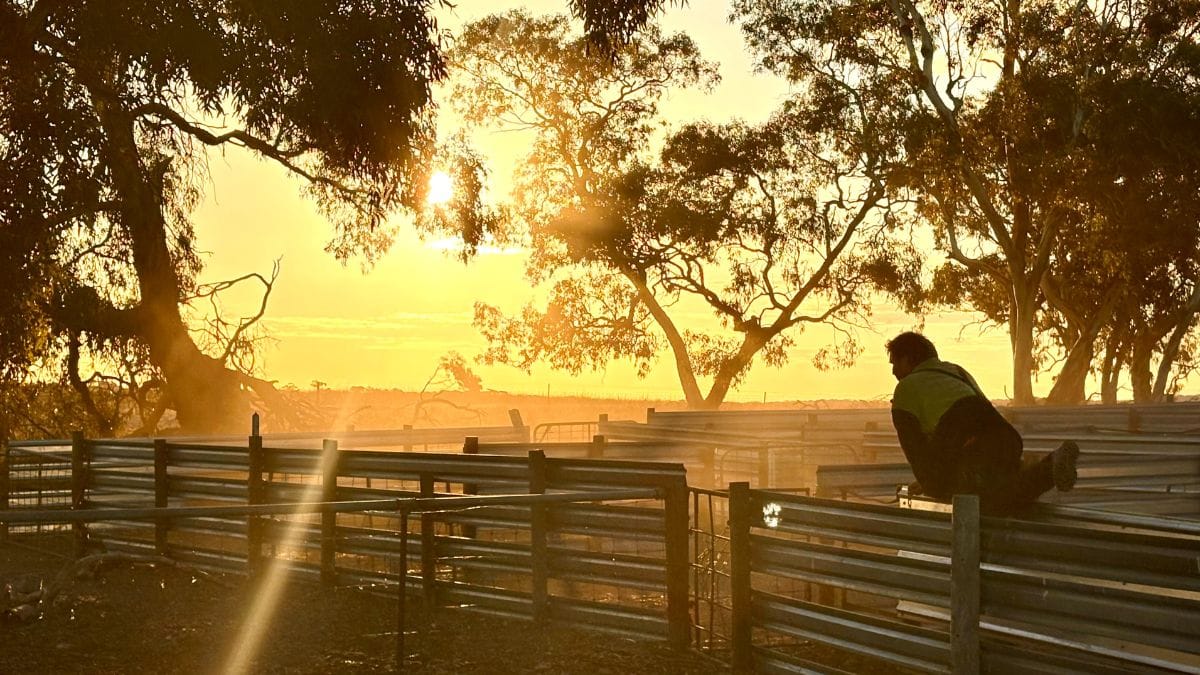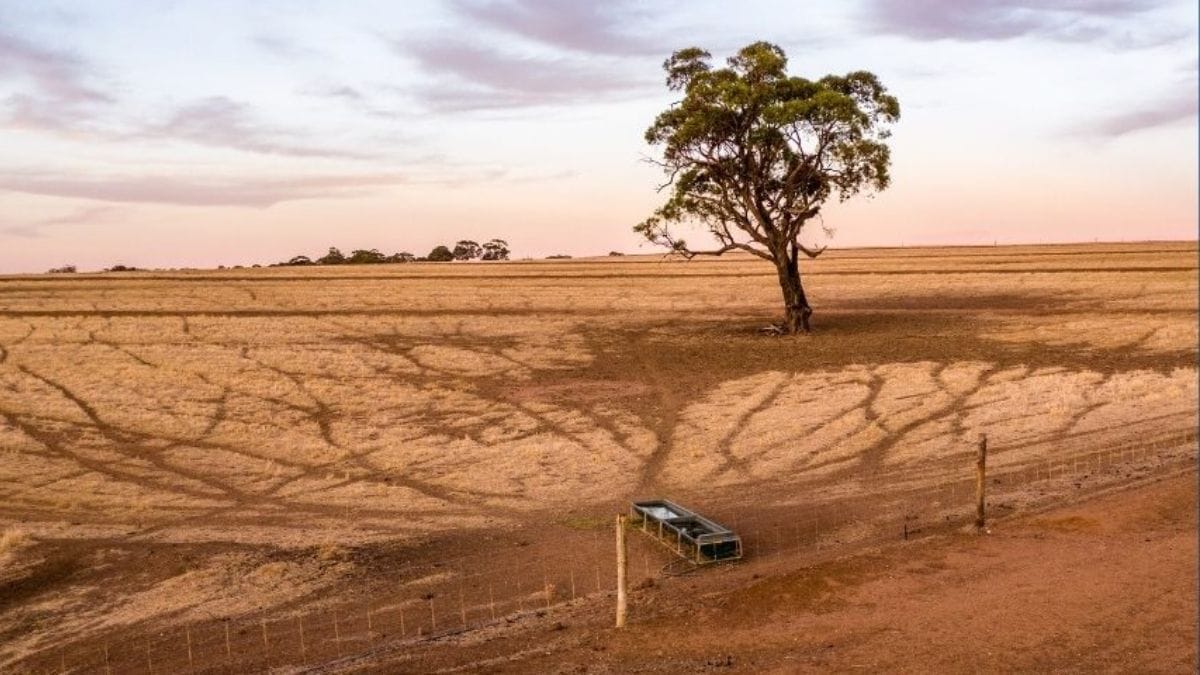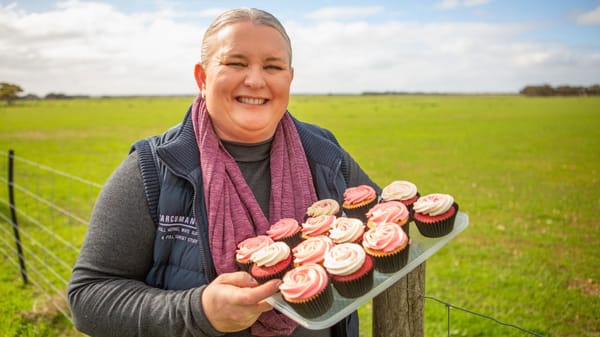Coorong council will continue drought relief, despite concerns
Can the council offer property rate relief to 70 per cent of its ratepayers, despite the potential impact on community services and projects?

This story is now free to read. Help Murray Bridge News tell more stories like this by subscribing today.
The Coorong District Council has decided to keep supporting drought-affected farmers in spite of concerns about the impact on its own budget.
At a meeting on Tuesday, Councillor Jeff Arthur suggested revoking the council’s decision to declare a drought in the district – and allow rural property owners to defer their council rate payments – four months ago.
His concern was that without the rate revenue, the council’s financial capacity would be compromised.
Rural properties account for approximately 70 percent of the council’s rate revenue.
Cr Arthur worried that without government support, any commitment made would risk compromising services and infrastructure projects in the community.
Coorong Mayor Paul Simmons said it was still unknown whether or not the state government would financially back the council by lending it money to make up any shortfall.
“There’s no way in the world that our council can provide that sort of support without (government financial help)," Cr Arthur said.
He acknowledged that the June declaration had come from a place of compassion and desire to ease the burden on those in the community.
“But declaring a drought, when it's not in the government's vocabulary anymore, is pointless,” Cr Arthur said.
When the idea of suspending relief to farmers was put to a vote, however, no other councillor was willing to support the motion.
Cr Jonathan Pietzsch said he still supported the original relief package he had encouraged the council to approve on June 17.
“The word drought is still used throughout the government, but what they’re fearful of is declaring one,” he said.
“The mechanisms put in place over the last few years were designed so that, theoretically, you didn’t need a declaration – the processes and procedures were in place so that, if (a drought) occurred, (relief) worked.
“Blind Freddy could tell after the last 18 months that it’s not working.”
If primary producers collapsed, Cr Lisa Rowntree said, the long-term cost to the entire community would be greater.
“It's only a deferment, they still have to pay (council rates),” she said.
“It does not threaten our capacity, I believe, to provide services to ratepayers.”
“What it does do is demonstrate that we stand by our community in times of need.”

Cr Brenton Qualmann was concerned for the reputation of the council after the work it had put in to making the declaration.
“We may circle back to this further down the track, when producers know the yield for their crops and the economy has picked up,” he suggested.
Councillors Ruth Maidment and Sharon Bland agreed that it would be premature to pull the plug now.
The councillors resolved to cease the declaration of drought at some point in the future when they felt it was right to do so.
When this did happen, farmers would have another 30 days to submit applications to the council; after that, no further applicants would be considered.
“We’re not out of the woods yet – farmers in the region still need support,” Cr Pietzsch said.
“It allows flexibility, it allows those who are struggling ... to not have (council) add to that burden.”
- Get help: pir.sa.gov.au/emergencies_and_recovery.





